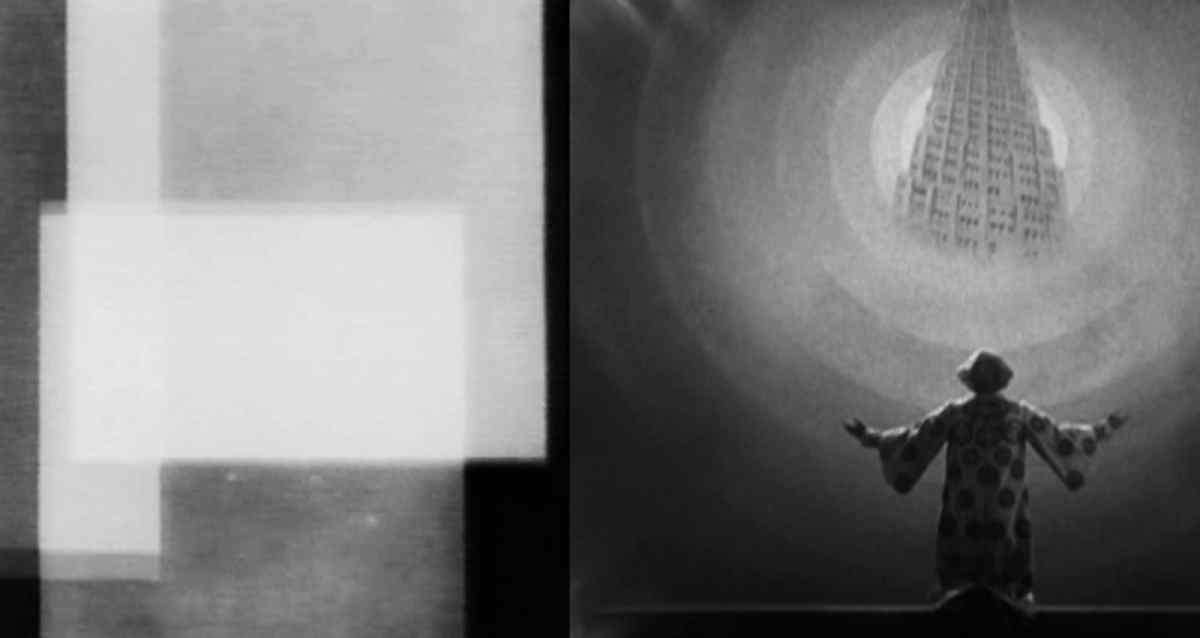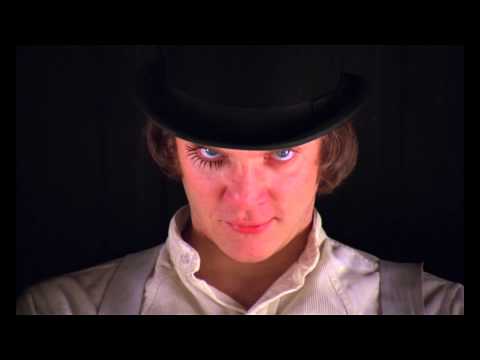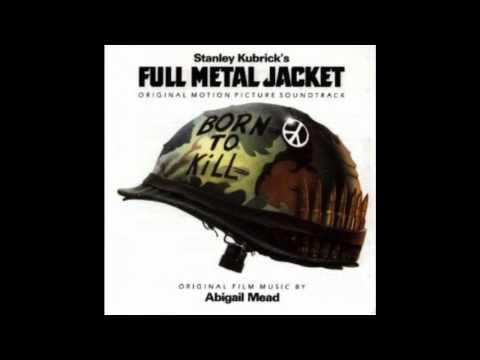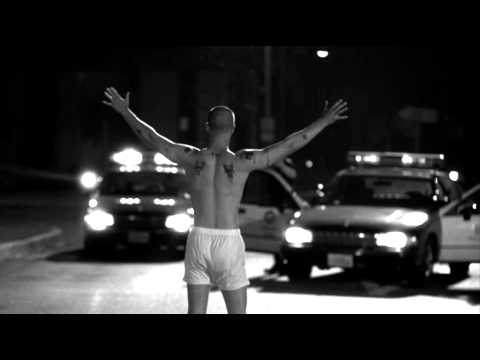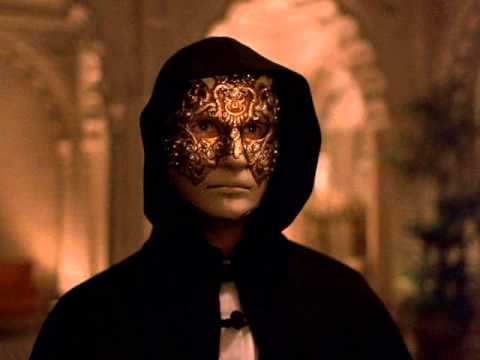“If I may be so honored,” said Frances McDormand in her acceptance speech for Best Actress at last Sunday’s Oscars ceremony, “to have all the female nominees in every category stand with me tonight,” and they did—actors, directors, writers. But how many standing were composers? Although there were three women nominated for the original song award, when it came to the award for original score, the shortlist comprised only men. It’s not a huge surprise given the numbers: according to the 2017 report “Inequality in 900 Popular Films,” which looked at diversity in film over a 10 year period, only 1.7 percent of composers were women—that is to say, two. We’ve written plenty about inequality in the classical music industry, and film is no different. In the spirit of McDormand’s show of female talent, here is a subjective, personal list of some of the best film scores by women.
Wendy Carlos
Certainly not one for the purists, Carlos’ commercially successful first album “Switched on Bach,” in 1968, was a rework of 10 pieces by the baroque composer, arranged for and performed on an early Moog synthesizer. But it was her work on the soundtrack for Stanley Kubrick’s “A Clockwork Orange” that first hooked me. The film’s opening scene, where Carlos switches the trumpets for a detuned, uneasy synthesizer in an adaptation of the March from Purcell’s “Music for the Funeral of Queen Mary,” sounds as strange as it looks. As Alex and his droogs get high off drug-laced milk, the music distorts into resonant stabs that corrupt the history of English music into the soundscape for a dystopian future. Carlos’s music is an uneasy carnivalization of the classical music the film’s protagonist adores, while he himself carnivalizes the ultraviolence he inflicts upon his victims.
Vivien Kubrick/Abigail Mead
“Full Metal Jacket” is in some ways a film of two halves—one half psychological torment interspersed with the comedic cruelty of Sergeant Hartman, one half the pornography of war. Linking the two is the mental breakdown and suicide of Private Pyle, soundtracked by Kubrick’s daughter, who composed the film’s music under the pseudonym Abigail Mead. It’s a creeping, cinematic piece that nevertheless refuses to over-blow the moment at which he recites the “this is my rifle” spiel, before turning it on himself. The music continues as before as Pyle slumps dead against a toilet cistern, playing to the sad, unremarkable inevitability of his psychological degradation.
Anne Dudley
A composer who did get an Academy Award for the soundtrack to “Monty Python,” but whose compositions for “American History X” stuck with me with more vividly. Dudley’s work brings the non-linear narrative into its own as a story of redemption, while simultaneously taking a light hand to the film’s infamous curb stomping scene—rather than taking the easy way out and playing on the violence, Dudley takes up the film’s broader motifs and it pays off.
Jocelyn Pook
Maybe it’s a reflection of my taste, or maybe it’s because the music in his films warrants it, but here’s another composer Kubrick couldn’t have managed without. Reversed Romanian orthodox liturgical chants and strings featured in Pook’s “Backwards Priests,” which she reworked and simplified for “Eyes Wide Shut.” This piece is a subversion of the ritualistic—a liturgical song written for masked orgies. The prolific composer, pianist and violist has produced loads of work, but this version for film is arguably one of her best pieces.
Mica Levi
As it happens, Mica Levi did get a nomination at last year’s Oscars for her soundtrack to Pablo Larraín’s “Jackie,” but it’s the music she produced for “Under the Skin,” when she was 26, which gives me an eerie auditory analogue of nerve damage, that puts her in this list. “Under the Skin” is a strikingly simplistic film, and the soundtrack alone transforms Scarlett Johansson from herself driving about in a van, to the otherworldly predator who lures men to their strange deaths. This piece plays throughout when she’s on the prowl: it’s painful, repetitive, horror-inducing. I played it alone in my apartment and kept glancing at the gap under the door to see if somebody was there. ¶

